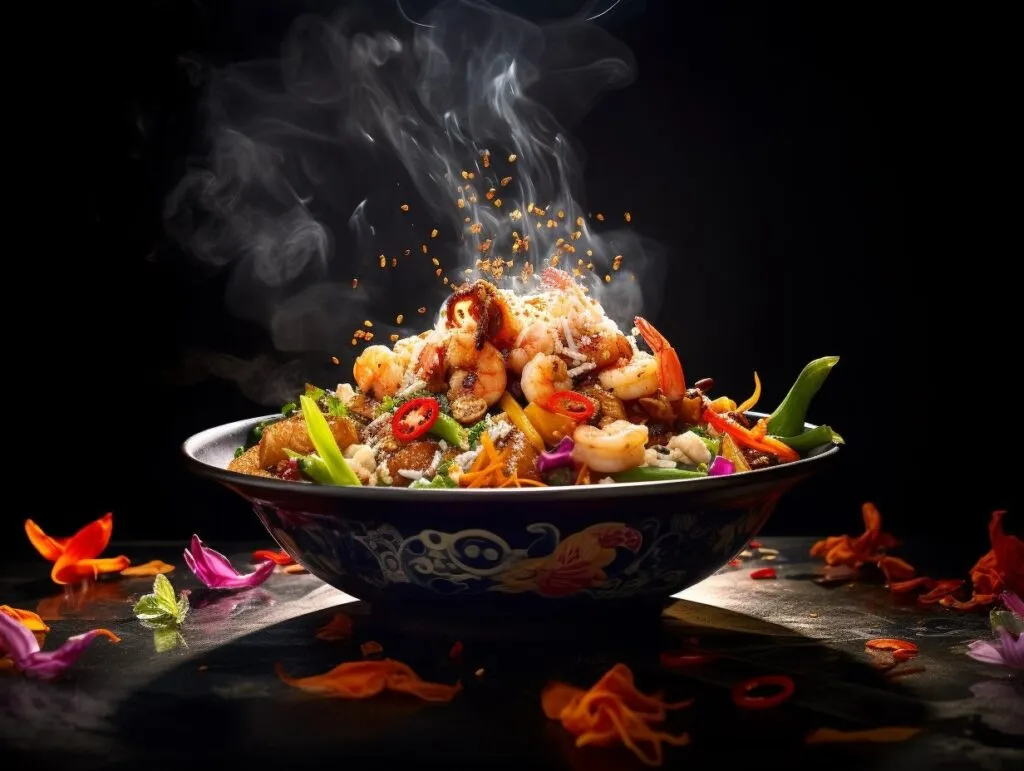Monday, 2 March 2026
China launches sweeping food safety reforms amid public trust concerns
Terms like ‘no additives’ are now banned to prevent misleading consumers China’s National Health Commission and the State Administration for Market Regulation have introduced 50 new national food safety standards…

Terms like ‘no additives’ are now banned to prevent misleading consumers
China’s National Health Commission and the State Administration for Market Regulation have introduced 50 new national food safety standards and updated nine existing ones, with a strong emphasis on labeling practices, food additives, hygiene, and regulatory oversight. These changes aim to rebuild public confidence in the food system following recent investigations that exposed serious food safety violations.
Among the most notable changes are stricter regulations for prepackaged food labeling. Terms like ‘no additives’ are now banned to prevent misleading consumers. Allergen labeling has also been made mandatory to protect individuals with food allergies better. Additionally, digital labels are being introduced to allow consumers to easily access detailed product information through scannable codes or apps.
According to the Xinhua news agency, new rules were also established for infant cereals, processed meat products, and foods for special medical purposes. The updated standards include six new product categories designed for infants with specific health conditions.
The reforms come in the wake of a 2024 investigative report by Beijing News, which revealed that major grain companies, including Hopefull Grain & Oil Group and China Grain Reserves Oil and Fat, had been using fuel trucks to transport edible oil without proper cleaning, posing serious health risks.
In response, a joint policy issued by the Central Committee of the Communist Party of China and the State Council outlines stricter supervision, enforcement, and accountability across the food supply chain. The policy enhances coordination between regulatory bodies and calls for a traceability system to monitor agricultural products from farm to market, enabling quicker responses to safety concerns.
According to China Daily, food producers and distributors will now face more rigorous checks before being granted licenses, and traditional food makers must adhere to modern safety standards while maintaining cultural practices. New protocols have also been introduced to improve food storage and transportation conditions, ensuring items remain safe throughout the supply chain.
As online food sales continue to grow, the policy highlights the role of e-commerce platforms and livestream hosts in maintaining food safety. It introduces a system to regulate online food sales more effectively and ensure responsibility is clearly defined.
For imported food, a new risk management framework ensures that all foreign products comply with Chinese safety regulations. This includes enhanced scrutiny of goods sold through cross-border e-commerce.
According to the Ministry of Public Security, over 12,000 food safety crime cases were resolved last year, emphasising the need for continued vigilance and reform.
Zhu Lei, director of the Standards Center at the China National Center for Food Safety Risk Assessment, noted that the reforms reinforce quantitative labeling and aim to guide consumer choices while improving industry regulation.
Shraddha Warde
shraddha.warde@mmactiv.com
Technology
IPC Report Flags Rapidly Deteriorating Food Security across Somalia
Mar 02, 2026 | Africa
University of Florida Develops Vitamin A–Rich Tomato to Tackle Global Deficiency
Mar 02, 2026 | Food
Inside the World’s First AI Centre of Excellence for Chocolate and Cocoa
Mar 02, 2026 | Interaction
Food Testing
Australian Medical Bodies Push for Compulsory Health Star Labelling
Feb 24, 2026 | Australia
Tim Hortons Singapore Secures Majlis Ugama Islam Singapura Halal Certification Ahead of Ramadan
Feb 23, 2026 | Company News
More Popular
Wildbrine Launches Industry-First Fermented Bean Salad
Mar 02, 2026 | Company News
IPC Report Flags Rapidly Deteriorating Food Security across Somalia
Mar 02, 2026 | Africa
University of Florida Develops Vitamin A–Rich Tomato to Tackle Global Deficiency
Mar 02, 2026 | Food






